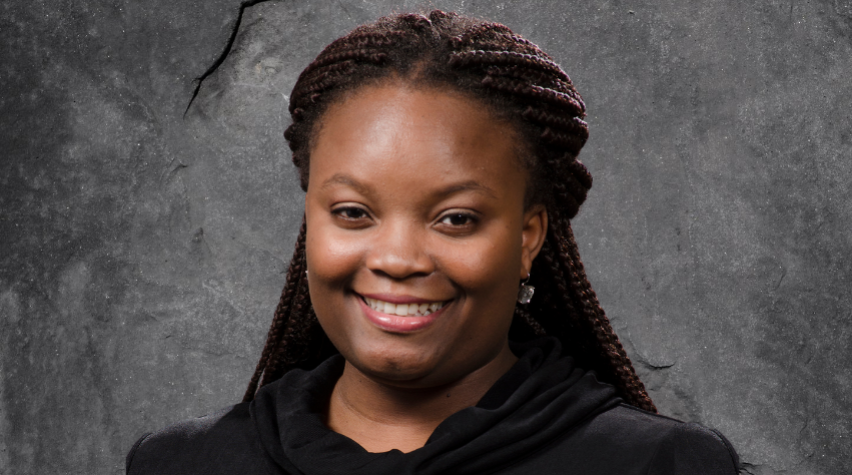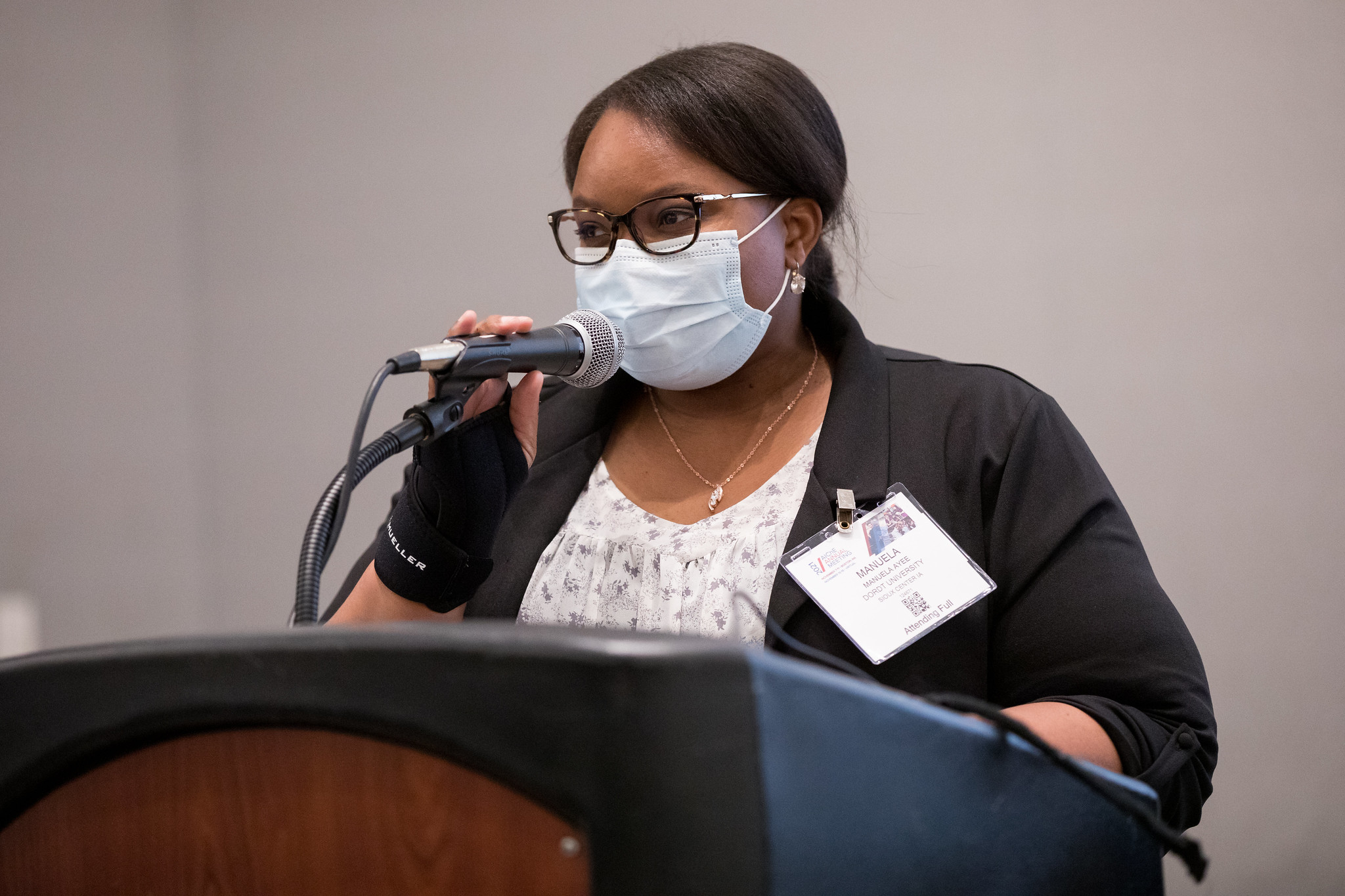
In observance of Black History Month 2022, ChEnected will present posts that reflect on the progress of Black engineers — within and beyond the AIChE community.
At the November 2021 AIChE Annual Meeting, the Institute’s Minority Affairs Committee (MAC) marked its belated 30th anniversary during a special session. The event provided an opportunity for past and present MAC leaders, as well as members of the AIChE community at-large, to reflect on the history and contributions of Black and other underrepresented chemical engineers, and to direct fresh energy toward the unfinished work of creating a more equitable and inclusive profession.
Ayee recognizes the need for an IDEAL path
In a February 2022 CEP Magazine article about the history of MAC, Manuela Ayee, an assistant professor of engineering at Dordt University (Sioux Center, Iowa) and the current chair of MAC, underscored the need to engage chemical engineering newcomers in MAC’s work, and to prepare them for leadership roles to help the community broaden its reach and blaze an IDEAL path for the profession.
To help achieve this, Ayee said, MAC and AIChE need to “provide career development opportunities and emphasize the importance of community building and mentorship, as we help students and new professionals to set a solid foundation for a career in chemical engineering.”
More about Ayee
Ayee, whose research interests span molecular computer simulation, cellular biomechanics, atomic force microscopy, cell culture, and interfacial systems, got her start in chemical engineering at Iowa State University, where she earned her MS, before earning her PhD in chemical engineering at the University of Illinois Chicago.
She points to the importance of mentors and role models in her own life — beginning with her parents. “Both working as professors themselves,” said Ayee, “they provided an excellent model of what it means to contribute richly to the field in which you serve.” Later, during Ayee’s undergraduate days, and on through her grad student and postdoctoral years, Ayee added several teachers to her circle of inspirational mentors.
AIChE’s Minority Affairs Committee eventually became a meaningful part of that circle.
 Manuela Ayee, Chair of AIChE’s Minority Affairs Committee (MAC), welcomed guests and presented honors during a MAC 30th anniversary celebration in November 2021. Photo credit: Kevin Trimmer
Manuela Ayee, Chair of AIChE’s Minority Affairs Committee (MAC), welcomed guests and presented honors during a MAC 30th anniversary celebration in November 2021. Photo credit: Kevin Trimmer
MAC’s influence
“From the time in 2009 when I first attended a MAC event at an AIChE Annual Meeting in Nashville, I recognized the valuable opportunity that the community presented to members of underrepresented groups — allowing us to connect with others in the field.” In her graduate student days, Ayee also appreciated receiving one of MAC’s Janice Lumpkin travel awards. “That grant enabled me to attend the Annual Meeting and showcase my research.” Ever since then, says Ayee, “attending MAC programming and connecting with other chemical engineers at AIChE meetings has become an opportunity for me to network and to make a contribution.”
Today, as a leader of MAC, Ayee says that she is gratified to continue delivering these very opportunities to engineers from traditionally underrepresented groups, helping them to get plugged into the broader chemical engineering community.
The importance of involvement
Ayee says that involvement with MAC can serve as a springboard to even greater opportunities in the AIChE community. “Many individuals that are active in MAC, and who serve on the leadership team, also become active in other capacities at AIChE, including chairing technical sessions, and involvement and leadership in other communities.” This, she says, not only benefits AIChE, but it also enhances the skill set and experience portfolio of the active member.
Ayee also believes that this involvement benefits each individual’s career trajectory, as well as chemical engineering overall. “For the profession as a whole, I would love to eventually see greater representation of members of diverse groups in both industry and academia,” says Ayee. “I would also love for MAC to continue to engage and connect with young chemical engineers as they explore what it means to contribute meaningfully to the profession.”


